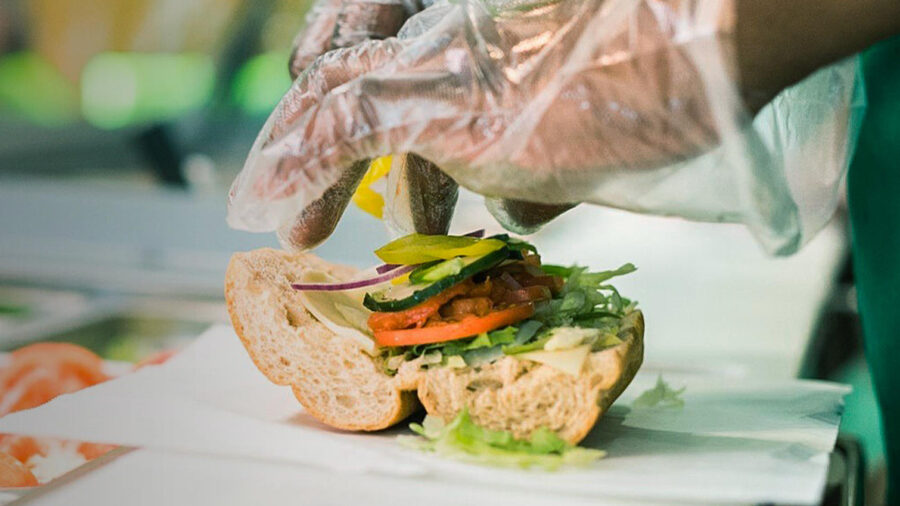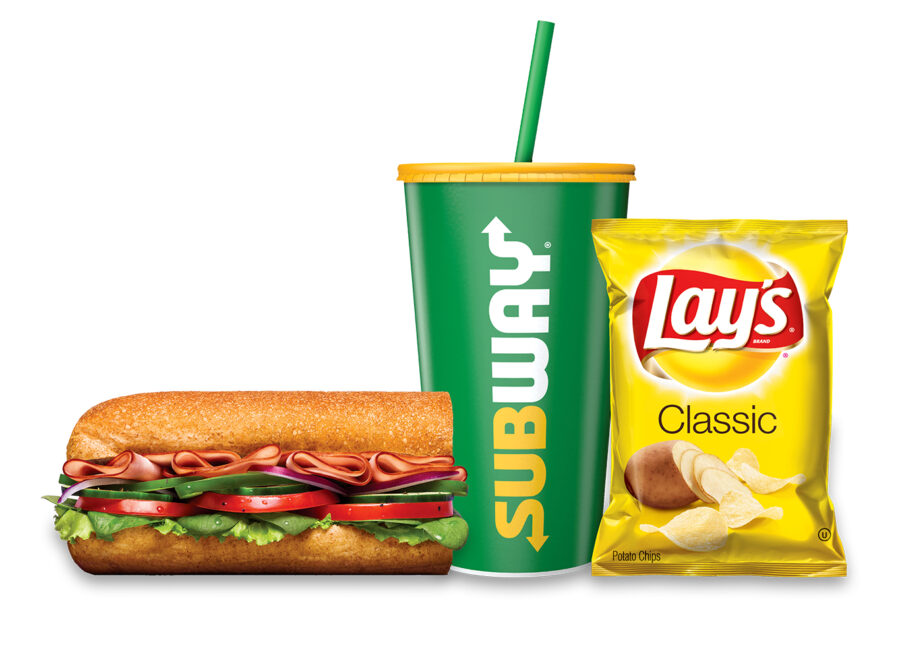Subway Under Fire For Horrifying New Report About Their Tuna Sandwich
Something fishy is going on at Subway.
This article is more than 2 years old

Popular American fast food restaurant Subway appears to have defied culinary logic by creating a tuna sandwich that contains no tuna. The revelation comes after last year’s Irish court ruling that stated that Subway bread is not bread because it contains too much sugar.
Now, a lab analysis commissioned by the New York Times found no identifiable tuna DNA in Subway’s tuna sandwich. The tests were conducted on approximately 60 inches of Subway tuna sandwiches purchased from three different locations in Los Angeles. The tuna meat was removed, frozen, and shipped for testing.
It cost The Times about $500 to have the lab conduct a PCR (polymerase chain reaction) test on the popular Subway sandwich. The test quickly makes copies (in the millions) of a specific DNA sample that scientists amplify to a larger amount to study in detail. This would allow them to see if Subway’s tuna included any of the five different tuna species.
Just over a month later, an email with the results was sent to the publication stating that “no amplifiable tuna DNA was present in the sample”. As such, the lab “obtained no amplification products from the DNA” and the species could not be identified.
According to a representative from the lab, the somewhat puzzling pointed to two possible scenarios. In the first scenario, if the tuna could be so heavily processed that it’s impossible to identify. Or the mystery meat just isn’t tuna.
Additionally, lab experts said the cooking process could be affecting the results because when tuna is cooked its “DNA becomes denatured.” This means the tuna’s characteristic properties can become destroyed, making it difficult or impossible to identify.

Subway is not happy about the New York Times report and released a statement about the nature of DNA testing.
“A recent New York Times report indicates that DNA testing is an unreliable methodology for identifying processed tuna. This report supports and reflects the position that Subway has taken concerning a meritless lawsuit filed in California and with respect to DNA testing as a means to identify cooked proteins. DNA testing is simply not a reliable way to identify denatured proteins, like Subway’s tuna, which was cooked before it was tested.”
“Unfortunately, various media outlets have confused the inability of DNA testing to confirm a specific protein with a determination that the protein is not present. The testing that the New York Times report references do not show that there is no tuna in Subway’s tuna. All it says is that the testing could not confirm tuna, which is what one would expect from a DNA test of denatured proteins.”

The spokesperson for Subway also reiterated that their restaurants serve 100% wild-caught, cooked tuna, which is mixed with mayonnaise and used in freshly made sandwiches, wraps, and salads that are served to and enjoyed by guests daily.
Interestingly, this is not the first time Subway has come under fire for its fish. In February, Inside Edition commissioned their own batch of testing on Subway tuna sandwiches. After purchasing three sandwiches from various locations in New York, the outlet sent samples to a lab in Florida that specializes in DNA testing of fish. The result found that the substance was “definitely” tuna.
In response to the amended lawsuit against Subway, a company spokesperson also said the new claims remain “untrue and have absolutely no merit.”

The story of the Subway brand began more than 50 years ago when Dr. Peter Buck, a nuclear physicist, changed the life of a college student with a few simple words, “Let’s open a submarine sandwich shop.”
Today, the Subway brand is the world’s largest submarine sandwich chain with more than 40,000 restaurants around the world. The chain has become the leading choice for people seeking quick, nutritious meal options that the whole family can enjoy.
It’s no wonder that Subway has vowed to vigorously defend itself against “these and any other baseless efforts to mischaracterize and tarnish” the high-quality products that their restaurants and franchisees provide to their customers.












